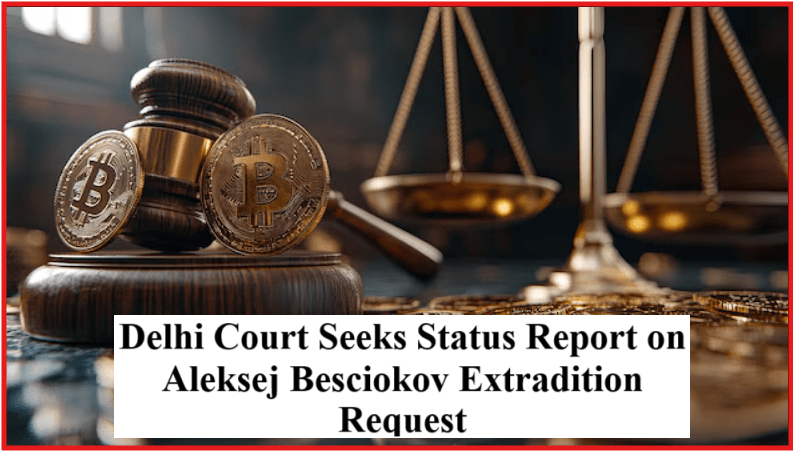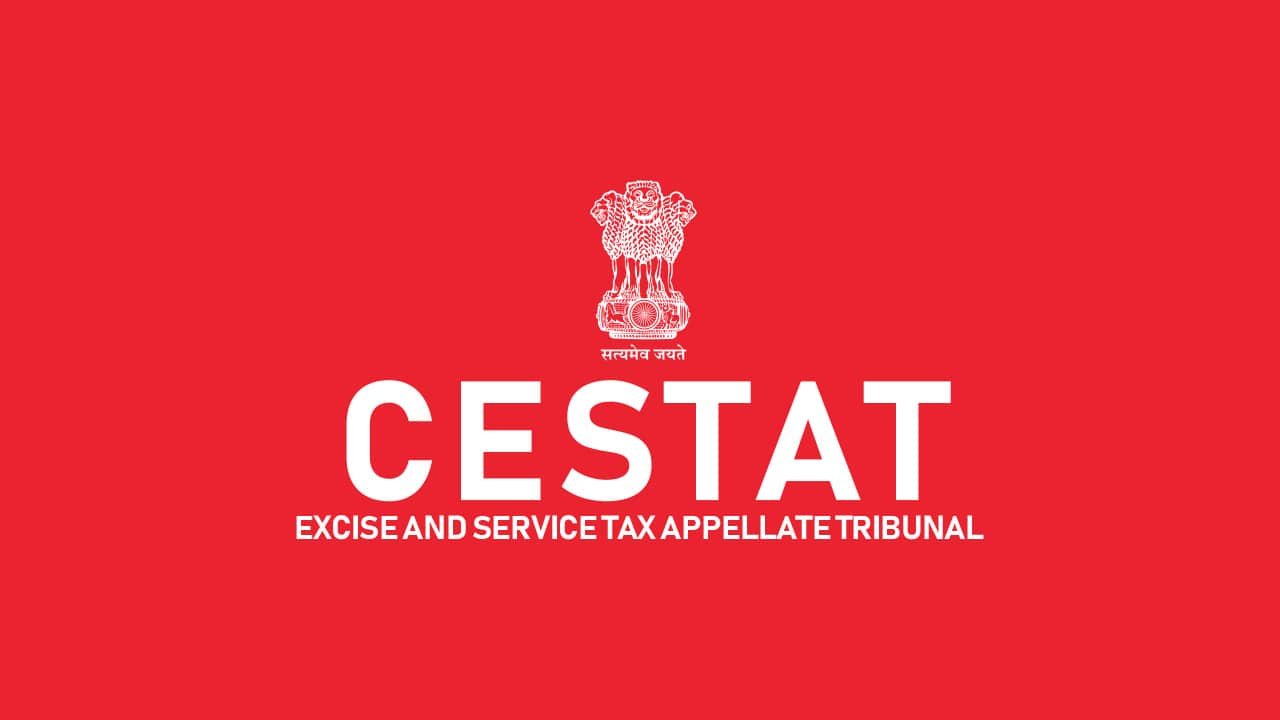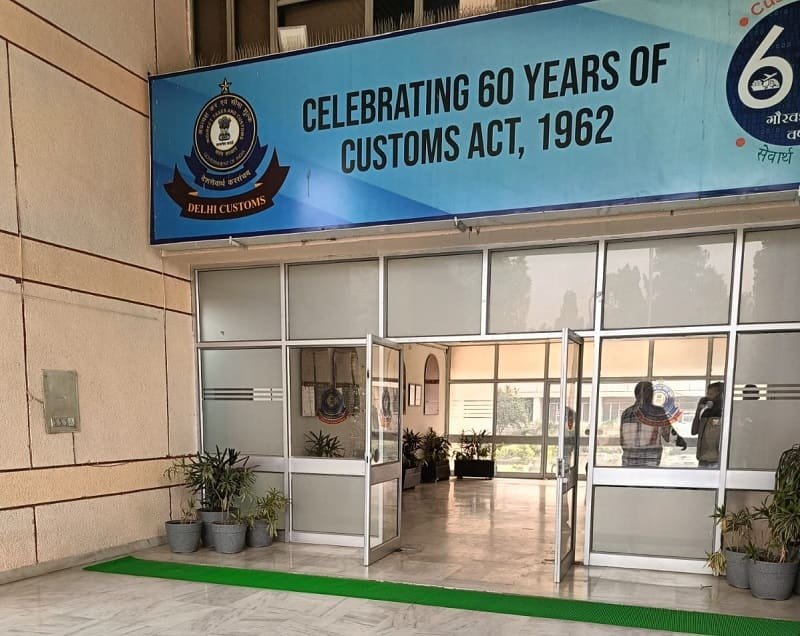Intellectual Property in the Age of Generative Artificial Intelligence
Written by Sadhil Arora, National Law University, Delhi
Introduction
The rise of generative artificial intelligence technologies, like OpenAI’s GPT model and MidJourney, is introducing new classes of legal conflict over intellectual property rights. The volume of these conflicts multiplies as advanced uses of the technology bring to light real concerns, particularly regarding copyright infringement, fair use, and the question of who actually owns AI-generated content. This overview turns to a series of key cases concerning generative AI systems—cases that exemplify the nuances of the legal issues that arise at the intersection of cutting-edge AI innovation and long-established IP law.
In July 2023, Sarah Silverman and other authors sued OpenAI and Meta in a class-action lawsuit[1], accusing the companies of using their copyrighted texts—in Silverman’s case, the book The Bedwetter—without proper permission or fair compensation to the copyright holders when training their AI models. They argue that large language models like GPT can produce works very close to human-written ‘originals’ and may even enter authors’ markets, creating content that bears striking similarities to the originals. This is among the earliest high-profile cases challenging the legality of datasets used in AI development and has sparked significant debate on AI model training.
Also Read: Anil Kapoor v. Simply Life India and Ors: Personality Rights
In another prominent lawsuit, Getty Images sued Stability AI[2], the company behind the Stable Diffusion image generation model, for allegedly using Getty stock images, including watermarked images, without securing the appropriate licences. Getty Images claimed that these unauthorised uses led to the creation of AI-generated images that bore such strong visual similarities to its stock photographs that they could potentially disrupt the marketplace for licensed content. Aside from the argument of copyright infringement, Getty also asserted that including its watermarked images in the AI’s training data violated trademark law, misappropriating the company’s brand and reputation for ulterior commercial gain.
An AI researcher, Stephen Thaler, also filed a lawsuit in the US, appealing a decision by the Copyright Office, arguing that it should issue a certificate of copyright registration for a work created solely by his AI system, DABUS.[3] He argued that, as the owner of the AI system, he should be considered the creator and thus the legal author entitled to copyright protection. The Copyright Office, however, denied the claim, maintaining that copyright protection extends only to works created by human authors—a position that the Thaler suit challenges by seeking to redefine authorship in light of new, more autonomous AI systems.[4]
In another case, GitHub found itself at the heart of a class-action lawsuit over its feature, Copilot, a generative AI tool designed to help software developers by suggesting code snippets using public code repositories.[5] The plaintiffs argued that Copilot was reproducing large blocks of code without appropriate attribution to original creators, violating the terms of open-source licences. This lawsuit is another example of how AI and IP law intersect, with questions raised over the legal use of existing works in AI training.
Luxury fashion house Hermès also filed a lawsuit against Mason Rothschild for creating MetaBirkin non-fungible tokens (NFTs), which are AI-generated digital works inspired by Hermès’ iconic Birkin bag.[6] Hermès argued that Rothschild had infringed its trademark by using the Birkin name and design for his NFT collection, profiting from a reputation long secured by the Birkin brand without permission, thereby misusing its intellectual property for commercial gain.
In cases like Thaler[7] and Zarya of the Dawn[8], courts have consistently established that unless a work is created with full human intellectual involvement, AI-generated works will not be granted protection. On the other hand, litigation like Sarah Silverman v. OpenAI[9] and Getty Images v. Stability AI[10] revolves around whether using copyrighted works to train AI models constitutes infringement. These cases raise important questions about the role of Fair Use and the economic implications of AI-produced works for creators and their markets.
As these cases unfold, they will likely influence how AI generative technologies are developed, used, and regulated within the existing intellectual property law framework. These outcomes will shape the future not just of AI innovation but also of protecting creators’ interests as industries engage with—and courts address—the new dynamics of AI-driven creativity.
One notable example is Tencent China’s Dreamwriter AI.[11] In 2019, the Shenzhen Nanshan District Court in China ruled that works created by AI were copyrightable because substantial human input was required for the creative process. The court emphasised that although Dreamwriter was an AI tool, it was not fully autonomous and required human operators to determine data input and make editorial decisions. This precedent suggests that AI-enhanced works can be protected by copyright as long as there is a recognisable human intellectual contribution.
The DABUS case in the UK raised the issue of whether AI can be considered an inventor in patent law.[12]The court held that AI cannot legally be an inventor under UK patent law, as only natural persons can hold that status. Similar decisions have been made in the US, EU, and other jurisdictions. The DABUS case highlights the current legal framework’s limitations on AI’s ability to file patents and underscores the importance of human involvement in the invention process.
These trends illustrate the significant developments in recent landmark cases. Courts have consistently maintained that works created by AI alone lack the requisite degree of human involvement to be accorded copyright or patent protection. For example, in the UK, the DABUS case established that only a natural person can be an inventor, while in China, the Dreamwriter case reinforced the need for human direction in AI-generated works.
In cases such as Tencent Dreamwriter[13], the courts ruled that even if AI is used as a tool, the user or developer who provides significant input can claim the generated content as their own. These rulings emphasise that an AI system cannot be an author and amplify the requirement of human creativity in determining ownership.
Finally, courts are critically examining the legal boundaries of AI-assisted works where AI models are trained on copyrighted material. In cases ranging from Sarah Silverman v. OpenAI to Getty Images v. Stability AI, it is hotly debated whether training AI models on copyrighted works constitutes infringement. Courts are considering how such training processes impact the rights of original creators, raising important concerns about data sourcing and the future of intellectual property rights in the AI space.
These emerging developments indicate that while courts are applying existing IP laws to generative AI, they are cautious in granting full rights to content created purely by AI with minimal human contribution. This careful approach signals potential changes in IP law concerning AI. As AI systems become more autonomous and complex, the lines between human-created and AI-created works will blur, likely prompting legislators and courts to rethink traditional notions of authorship and ownership.
These changes will have significant implications for creators and developers as they navigate the evolving landscape of intellectual property in the age of AI.
[1] Sarah Silverman et al v OpenAI, Inc et al, Complaint (ND Cal, 7 July 2023)
[2] Getty Images (US), Inc v Stability AI, Ltd, Complaint (D Del, 3 February 2023)
[3] Stephen Thaler v Shira Perlmutter, Register of Copyrights, and United States Copyright Office, 22-cv-01564 (D DC, 21 August 2022)
[4] Thaler v Vidal, 43 F 4th 1207 (Fed Cir 2022)
[5] Matthew Butterick et al v GitHub, Inc et al, Complaint (ND Cal, filed 3 November 2022)
[6] Hermès International v Mason Rothschild, 22-cv-00384 (SDNY, filed 14 January 2022)
[7] Thaler (n 4)
[8] Kristina Kashtanova v United States Copyright Office, Zarya of the Dawn, (D DC, 21 February 2023)
[9] Silverman (n 1)
[10] Getty (n 2)
[11] Shenzhen Tencent Computer System Co Ltd v Yinxun Technology Co Ltd, Shenzhen Nanshan District People’s Court, Case No (2019) Yue 0305 Minchu No. 14010
[12] Thaler v Comptroller-General of Patents, Trade Marks and Designs [2021] EWCA Civ 1374
[13] Tencent (n 11)







